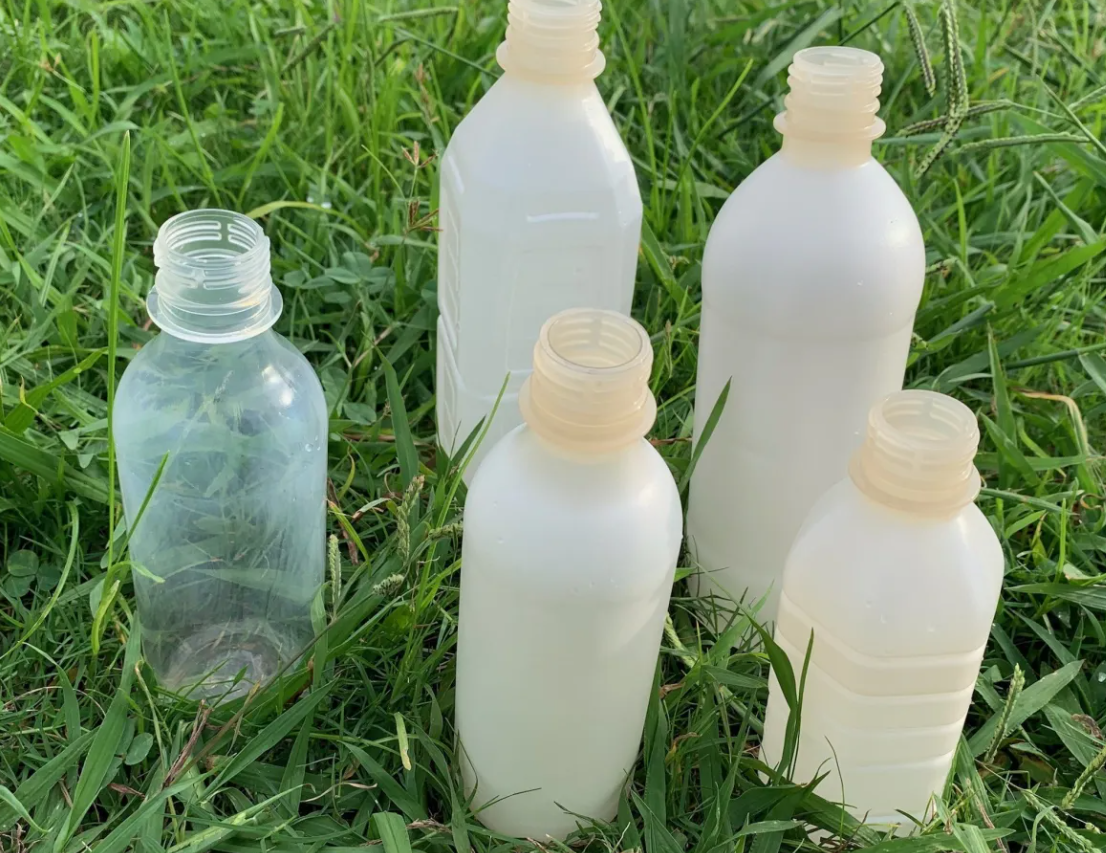A study led by Marc Pignitter of the Department of Chemistry at the University of Vienna has revealed that bioplastic bottles protect cooking oil from rancidity just as well as PET bottles.
The study was published in the journal “Food Packaging and Shelf Life”.
To keep healthy cooking oils with a high content of unsaturated fatty acids fresh for a long time, the bottle material is crucial. Due to their material properties and low cost, PET bottles are often the first choice for this purpose. However, PET is very difficult to biodegrade and remains in nature for up to 2000 years.
A promising candidate for bioplastic bottles is polylactic acid (PLA), a thermoplastic biopolymer derived from renewable raw materials that is also industrially compostable. It is obtained by fermenting carbohydrates in corn or sugarcane starch and is already used successfully in the food industry, for example for filling milkshakes. The research team now investigated whether bioplastic bottles made of PLA could also be used to store edible oils, which would be a decisive advantage in terms of sustainability and environmental compatibility given that around 200 million tons of edible oil are produced worldwide.
The effects of different conventional plastic packaging materials as well as PLA bioplastic on the oxidation stability and shelf life of sunflower oil were compared. The focus was on the packaging-induced development of oxidation products in the oil, which are responsible for rancidity and bitter taste. In addition, compounds that were transferred from the bottle materials to the oils were analyzed.
The results of the storage study showed that bioplastic bottles made of PLA actually protected sunflower oil from rancidity better than conventional PET in some cases. Also, unlike PET bottles, PLA bottles were not found to transfer “unintentionally introduced substances” (NIAS) to the oil, so overall, there are two more advantages besides the sustainability of the material.
Although PLA is still far ahead of recycled PET in terms of cost, the push towards bioplastics and the associated scalability will have a price reduction effect and bring PLA into the spotlight as a real alternative. Since PLA can already be partially recycled, it should also be taken into account in waste management.






